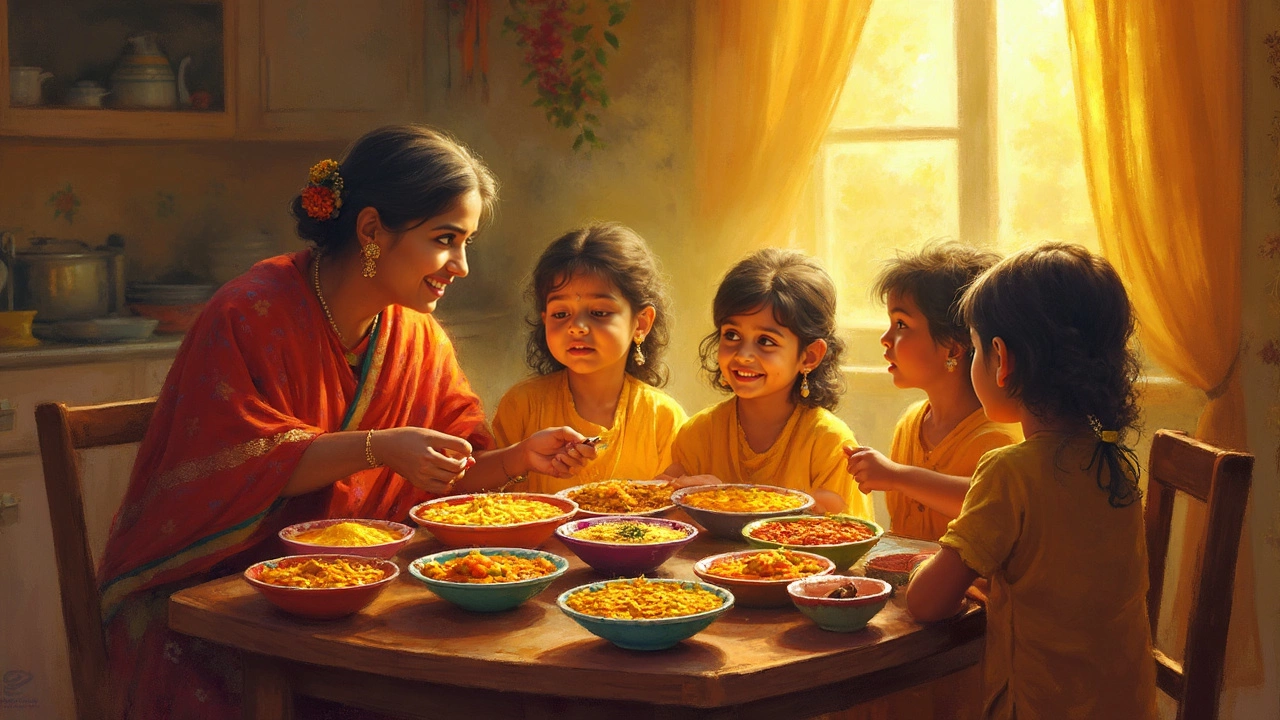Dal Diet – Simple Ways to Make Lentils Work for You
Ever wonder why many Indian families swear by dal? It’s cheap, fills you up, and packs a protein punch. If you’re looking for a food that keeps you satisfied without adding extra calories, dal might be your new kitchen hero.
Why Dal Works for a Healthy Diet
Dal comes from split pulses like toor, moong, and masoor. Each cup brings around 9‑12 g of protein and loads of fiber, which means steady energy and fewer cravings. Fiber also helps digestion and keeps blood sugar steady – a big win for anyone watching weight or managing diabetes.
Another plus is the low fat content. Most dal varieties have less than 2 g of fat per cup, so you can add a bit of oil for flavor without blowing up the calorie count. Plus, the iron and potassium in dal support healthy blood and muscles.
Simple Dal Recipes to Try
Start with a basic tempering: heat 1 tsp oil, toss in mustard seeds, cumin, a pinch of asafoetida, and a few dried red chilies. When they crackle, stir in cooked dal, salt, and a splash of water. Let it simmer for five minutes, then finish with fresh coriander. This takes under 20 minutes and works for any dal you have on hand.
For a low‑calorie twist, try moong dal with veggies. Soak ½ cup moong for 15 minutes, then pressure‑cook with diced carrots, tomatoes, and a pinch of turmeric. After the pressure releases, add a teaspoon of ginger‑garlic paste, a handful of spinach, and a dash of lemon juice. You get a nutrient‑dense bowl that’s under 200 calories.
If you love richer flavors, go for a tomato‑based dal. Sauté onions, garlic, and ginger, add pureed tomatoes, then pour in cooked masoor dal. Spice it with cumin powder, coriander powder, and a tiny bit of garam masala. Let it bubble until the sauce thickens – perfect over brown rice or a small roti.
Here are a few quick tips to keep your dal diet on track:
- Rinse dal well and soak harder varieties (like toor or chana) for at least 30 minutes. This reduces cooking time and improves digestibility.
- Use a pressure cooker or instant pot – you’ll cut cooking time by two‑thirds.
- Control sodium by adding salt at the end of cooking. A pinch of black salt can add a unique flavor without extra sodium.
- Boost flavor with fresh herbs – cilantro, mint, or curry leaves add aroma without calories.
- Batch‑cook dal on weekends and store in the fridge for up to four days. Freeze portions for later use.
Planning meals around dal is easy. Pair a cup of dal with a small serving of whole‑grain roti, a side salad, and a fruit for breakfast or dinner. The protein and fiber combo keeps you full for hours, so you’re less likely to snack on junk food.
Got questions? A common one is whether you can replace meat completely with dal. While dal supplies protein, mixing it with a handful of nuts or seeds adds essential amino acids and healthy fats. Another query is about the “black things” sometimes seen in biryani – those are whole spices like clove or black cardamom, not something to worry about in dal either.
Start your dal diet today with one of the recipes above, and you’ll see how tasty, simple, and satisfying lentils can be. Keep experimenting with spices, veggies, and cooking methods, and you’ll never get bored of dal again.
Disadvantages of Eating Dal Daily: What You Need to Know
While dal is a staple in many diets and celebrated for its protein content, eating it daily might have some downsides. Concerns such as digestive issues due to fiber, the risk of developing gas or bloating, and potential nutrient imbalances are worth considering. Moreover, high levels of certain compounds can affect mineral absorption. It's important to understand how dal fits into a balanced diet to avoid these pitfalls.
